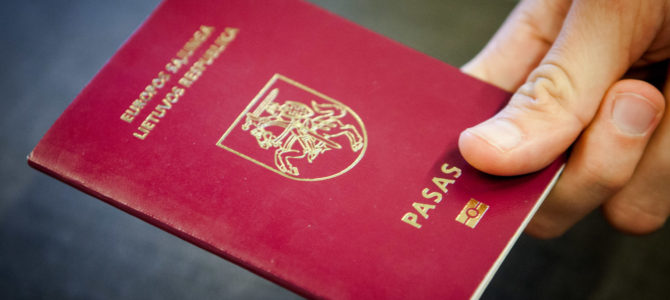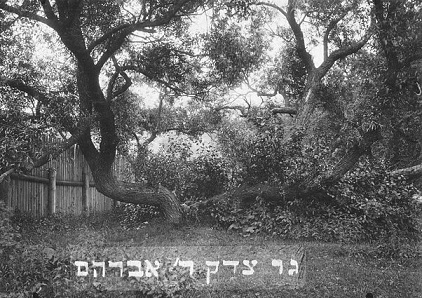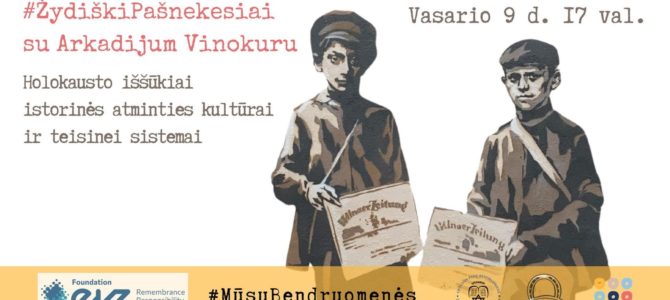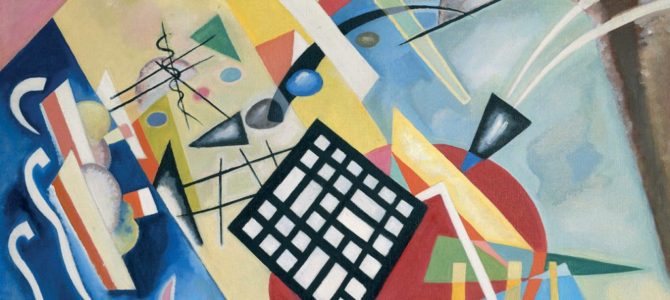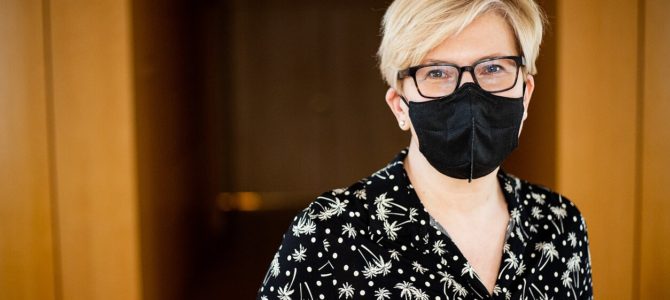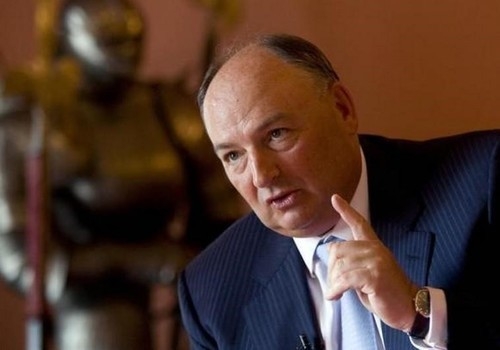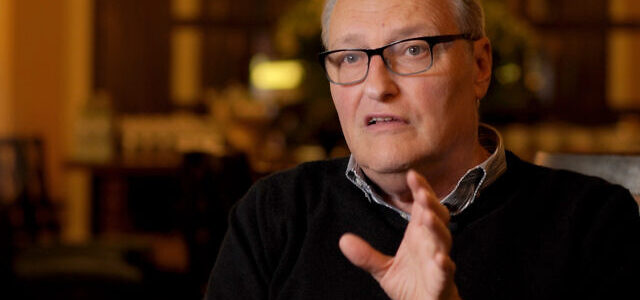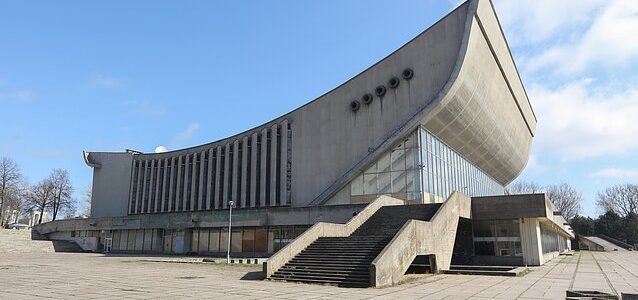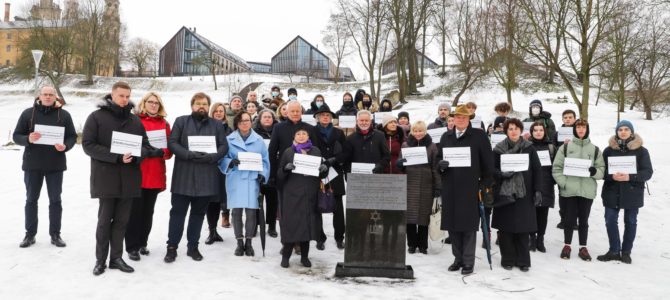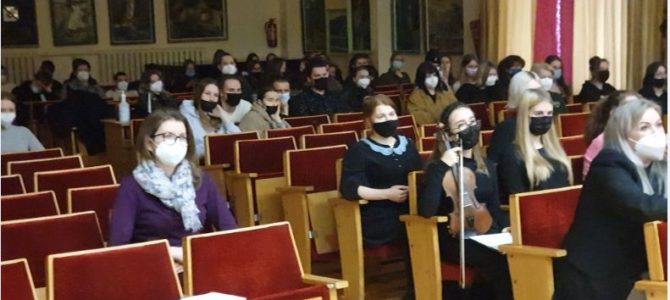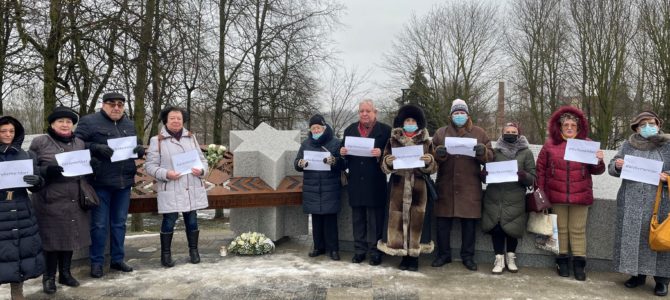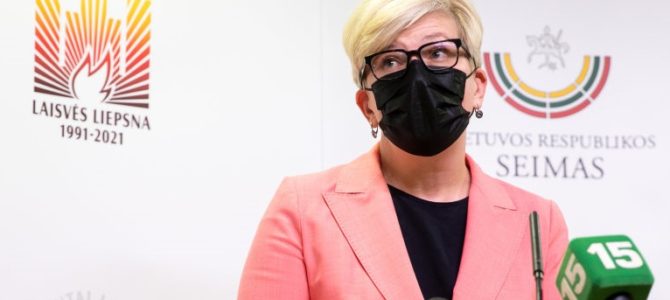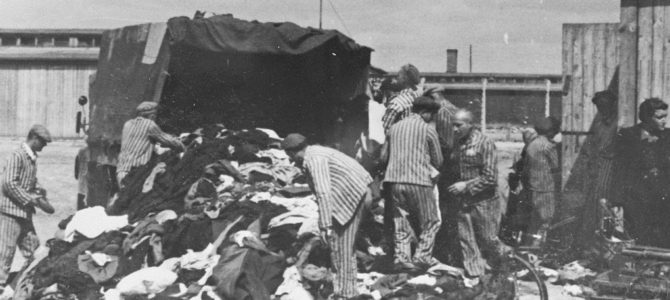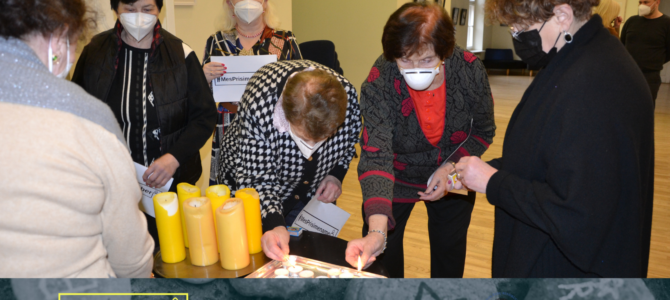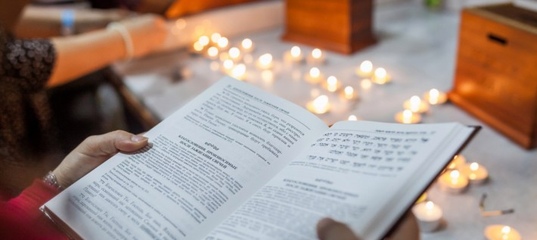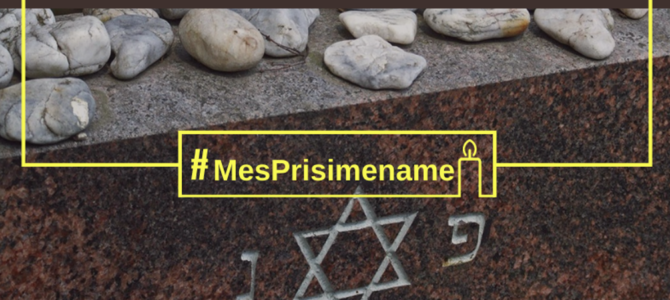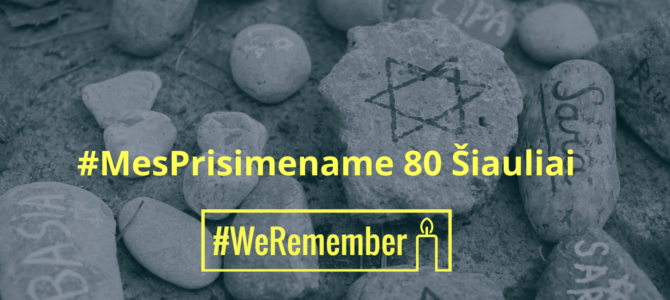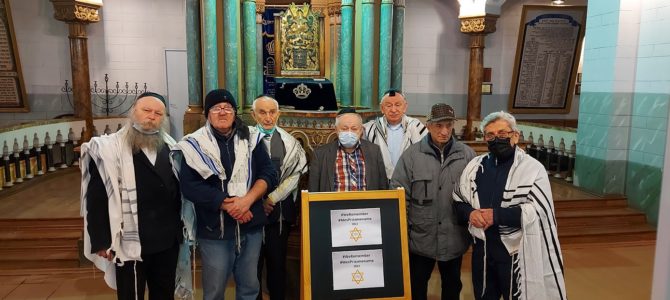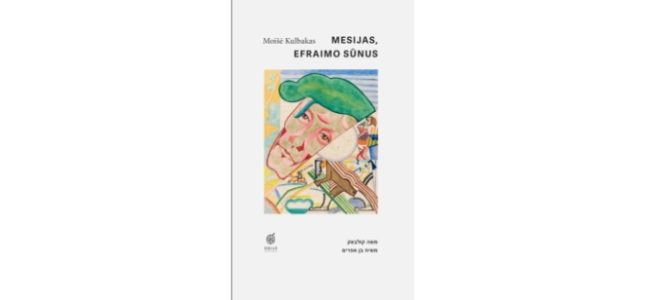The Lithuanian Jewish Community welcomes the decision by the Lithuanian parliament to approve amendments to the Law on Citizenship correcting long standing gaps (since 2017) in legal regulations and creating opportunities for closer ties between the Litvak communities in Lithuania and the world.
“The Lithuanian state often underlines its connection with notable Litvaks and their descendants, takes pride in their achievements and invites them to visit Lithuania. At the same time, it has to be stated that for many years these same people had to have iron constitutions when attempting to restore Lithuanian citizenship. I have called consistently on all Lithuanian institutions to solve this problem and I am pleased to say that today we can see the result of that joint effort,” Lithuanian Jewish Community chairwoman, attorney Faina Kukliansky said.
These amendments broaden the circle of people with the right to restore Lithuanian citizenship. The procedure until now demanded those seeking to restore their Lithuanian citizenship prove that their ancestor who had Lithuanian citizenship (or if they themselves had it) was a citizen on April 15, 1940. This requirement demanded exhaustive research of historical facts which demonstrated and proved which citizenship documents the person or his or her ancestor had in their possession until April 15, 1940 (exclusively), and at what moment and on what basis these people acquired the citizenship of another country. Moreover, there are no institutions which issue certificates showing that a person was a Lithuanian citizen on April 15, 1940. With the adoption of these amendments, now one only has to prove they were a Lithuanian citizen at any time, and that they didn’t lose that citizenship at that time in a manner prescribed by law. Implementation of these amended regulations means the bureaucracy will be reduced for those seeking to restore their Lithuanian citizenship and opportunities will be insured for members of the Litvak community around the world to restore their connection with Lithuania.



















